Publications
Articles, publications, books, tools and multimedia features from the U.S. Institute of Peace provide the latest news, analysis, research findings, practitioner guides and reports, all related to the conflict zones and issues that are at the center of the Institute’s work to prevent and reduce violent conflict.
Question And Answer
Amid a Changing Global Order, NATO Looks East

Osama Gharizi on the Aftermath of the Beirut Explosion
In the wake of the Beirut explosion, USIP’s Osama Gharizi says much of the international aid is being channeled through NGOs and other third-party sources, as “there is a general loss of faith in the Lebanese establishment” after the prime minister and other officials were forced to resign.
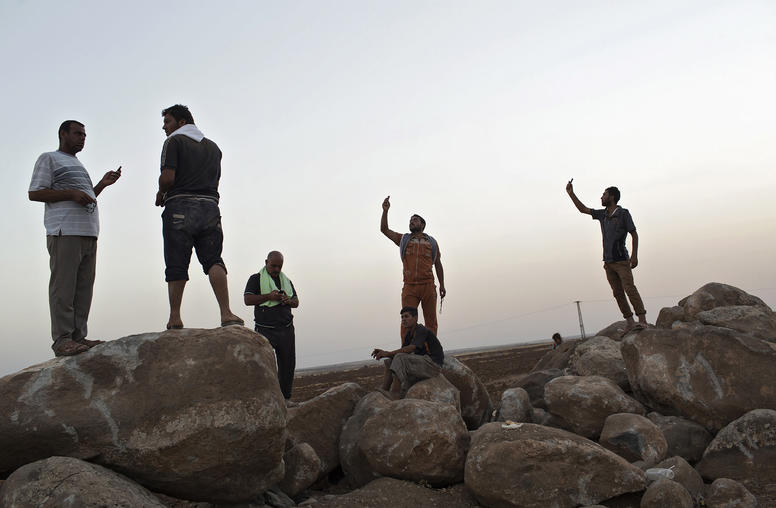
Driven from Their Homes By ISIS, Minorities Face a Long Road Back in Iraq
In 2014, Islamic State militants committed genocide against religious and ethnic minorities, particularly Yazidis and Christians, across northern Iraq. Kidnapping, rape, and murder marked this campaign of terror; thousands fled their homes. Six years later, with ISIS defeated militarily and its leader, Abu Bakar al-Baghdadi, dead following a U.S. raid, many displaced Iraqis have yet to return to their homes. The obstacles they face range from bureaucracy to a fear for their lives amid signs of an ISIS resurgence to Turkish airstrikes against groups Ankara sees as threatening its national interest.
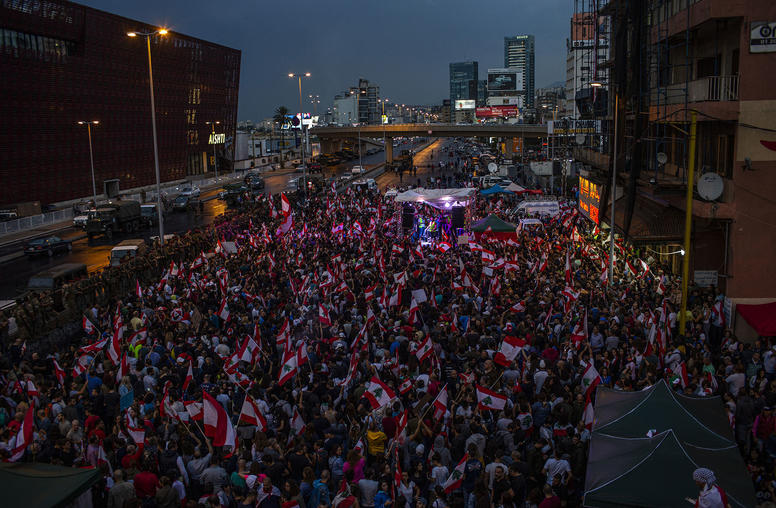
Lebanon’s Protests Set to Pick up Despite Coronavirus Pandemic
Protests erupted in Lebanon last year over the country’s lagging economy and sclerotic, sectarian-based political system, but slowed amid the global pandemic. The small Mediterranean nation’s economy is in free fall, with the World Bank estimating more than half the population living below the poverty line. Protesters were forced to switch tactics amid the coronavirus and the lock down measures have forced even more Lebanese into poverty. But protesters are planning to return to the streets as COVID precautions ease. USIP’s Elie Abouaoun and Osama Gharizi discuss how the government has responded in the months since protests erupted in October 2019, how the protesters adapted during the pandemic, and the role of Hezbollah.

Osama Gharizi on U.S. Objectives in Syria
From Lebanon, Osama Gharizi shares his analysis about the clarity of U.S. objectives after retaliatory missile strikes targeting the Assad regime’s suspected chemical weapons facilities. Gharizi says these strikes sent a signal to Assad and his allies that there are limits to U.S. and coalition intervention in Syria. In turn, these limits strengthen Russia, Turkey, and Iran’s roles as the diplomatic arbiters to negotiate a peace deal. Separately, Gharizi addresses the risks associated with the suggestion of setting up an Arab force in Syria that could create further obscurity in terms of U.S. intent and objectives versus those of Arab countries forming such a force.
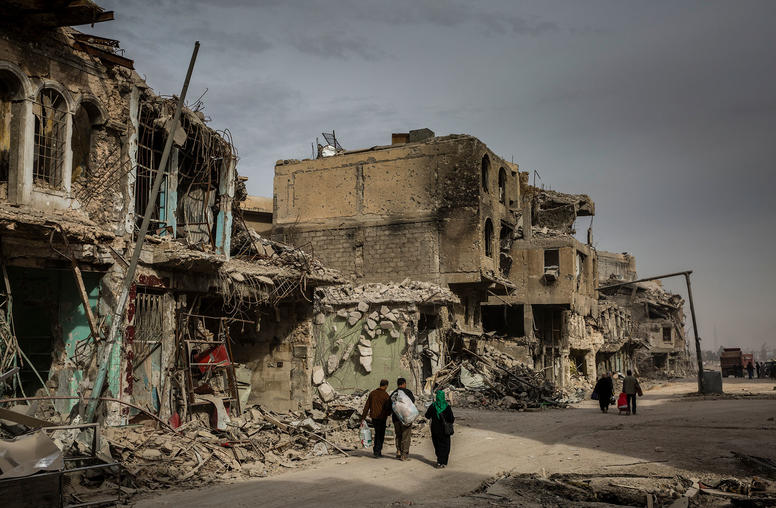
To Stabilize Iraq After ISIS, Help Iraqis Reconcile
An international conference opens in Kuwait Monday to plan ways to rebuild Iraq and secure it against renewed extremist violence following the three-year war against ISIS. A USIP team just spent nine days in Iraq for talks with government and civil society leaders, part of the Institute’s years-long effort to help the country stabilize. The Kuwait conference will gather government, business and civil society leaders to consider a reconstruction that Iraq has said could cost $100 billion. USIP’s president, Nancy Lindborg, and Middle East program director, Sarhang Hamasaeed, say any realistic rebuilding plan must focus also on the divisions and grievances in Iraq that led to ISIS’ violence and that still exist.
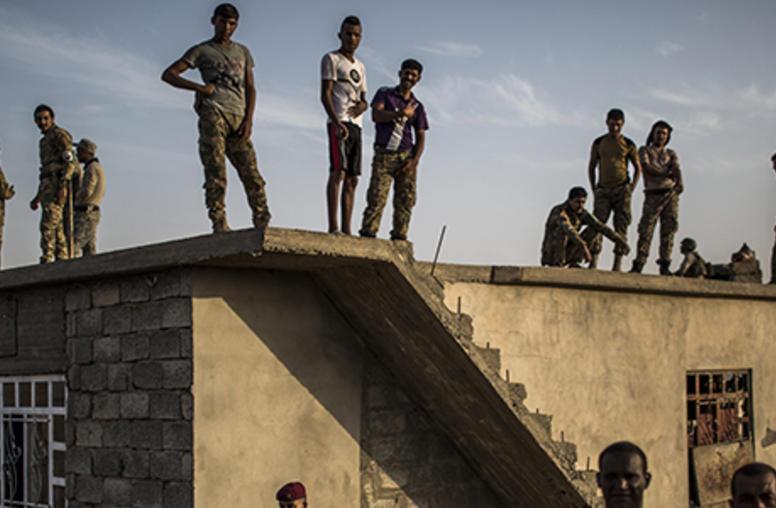
Mosul After ISIS: No Clear Plan for Peace
Two weeks into Iraq’s offensive to recapture Mosul from ISIS militants, the government and its fractious allies have not agreed on how to stabilize and govern the disputed region in the aftermath. The threat of new rounds of conflict, even after a recovery of Mosul from ISIS, is highlighted by the weekend’s surprise advance by Shia Muslim militias, which make up one of at least four main rival forces in the assault. The militia units announced that their fighters had begun a drive on the cont...
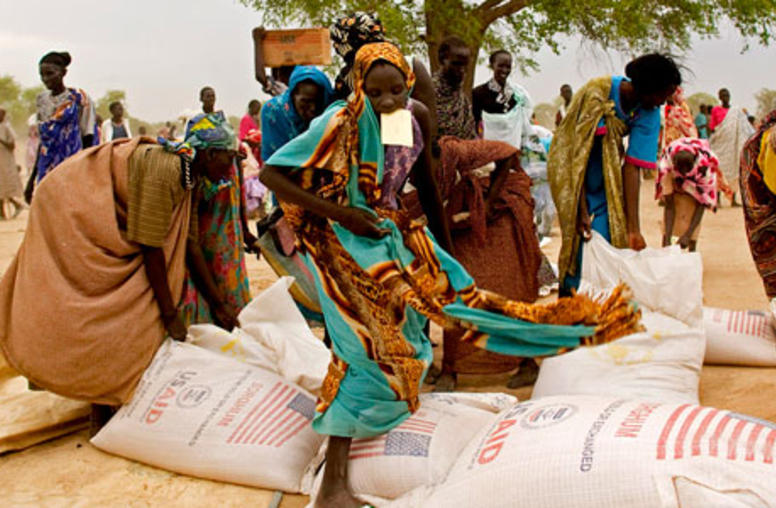
Strengthening Women’s Influence in Transition: Beyond Skills and 'Accountability'
Programs to strengthen the role of women in transitional countries must focus not only on helping women build necessary technical skills but also on targeting decision-makers who can support women’s participation. Those are the conclusions from a meeting of international organizations working in locations such as Yemen, Nigeria, Sudan and South Sudan.